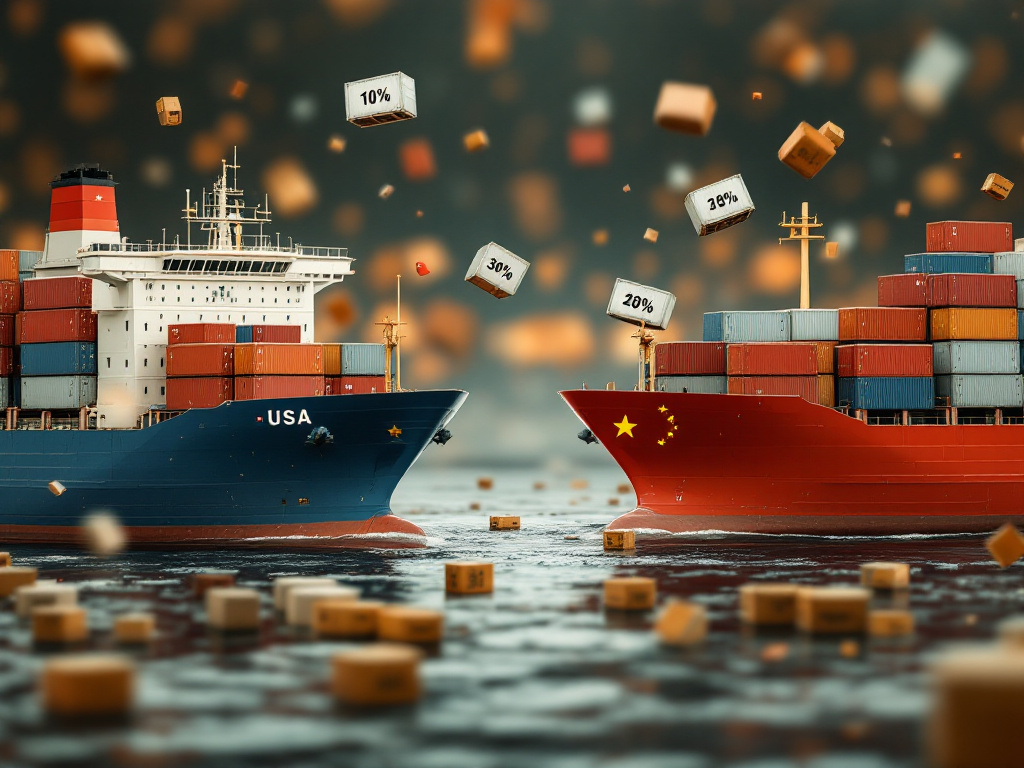Articles in this Cluster
14-04-2025
The annual Global Sources Hong Kong trade fair has begun amid uncertainty over the ongoing US-China tariff war, with exhibitors, mostly Chinese manufacturers, feeling the impact of the escalating trade dispute. US President Donald Trump has imposed tariffs of up to 145% on Chinese imports, while China has retaliated with a 125% levy on American goods. Exhibitors at the fair reported significant declines in sales, with some experiencing drops of around 20%, as buyers adopt a wait-and-see approach. Companies are struggling to cope with the tariffs, with some exploring new markets and others putting expansion plans on hold. The uncertainty surrounding the trade war is causing concern among businesses that rely on China's manufacturing capacity and efficiency, with many hoping for tariff reductions to stabilize the situation.
14-04-2025
Chinese President Xi Jinping has begun a diplomatic tour of Southeast Asia, starting with a visit to Vietnam, in an effort to strengthen ties and position China as a stable trade partner amidst the ongoing trade war with the US. Xi's visit comes as US President Donald Trump has narrowed his focus on China with tariffs, having recently paused tariffs on other countries for 90 days. Vietnam and other Southeast Asian nations are anxious about being caught in the crossfire between the two economies and are seeking to balance their relationships with both China and the US. Xi has appealed to Vietnam to join China in upholding multilateral trade and has signed several agreements with the country, including cooperation on railways and agricultural trade. The visit is seen as an attempt by Xi to cast China as a reliable partner and defender of global trade, while also addressing regional tensions, including disputes in the South China Sea.
14-04-2025
President Donald Trump's trade war with China is escalating, with the US imposing 145% tariffs on Chinese goods and China retaliating with 125% tariffs on US imports. The standoff risks damaging the US economy, with potential shortages and surging prices for consumers. Trump's administration is trying to pressure China to negotiate, but Chinese President Xi Jinping has so far declined to engage. The US and Chinese economies are intricately entwined, with the US relying on China for consumer electronics, rare earth minerals, and pharmaceuticals, among other goods. Experts warn that a full-blown trade war could have devastating consequences for both countries, but some believe China may be willing to impose more pain on its populace to avoid losing the struggle. Trump's capacity to play the long game has been questioned, and his administration's messaging has been inconsistent, with some exemptions to tariffs being announced and then reversed. The White House insists that its strategy is working, but the approach is considered risky and may fail to take into account the complexities of the US-China relationship.
